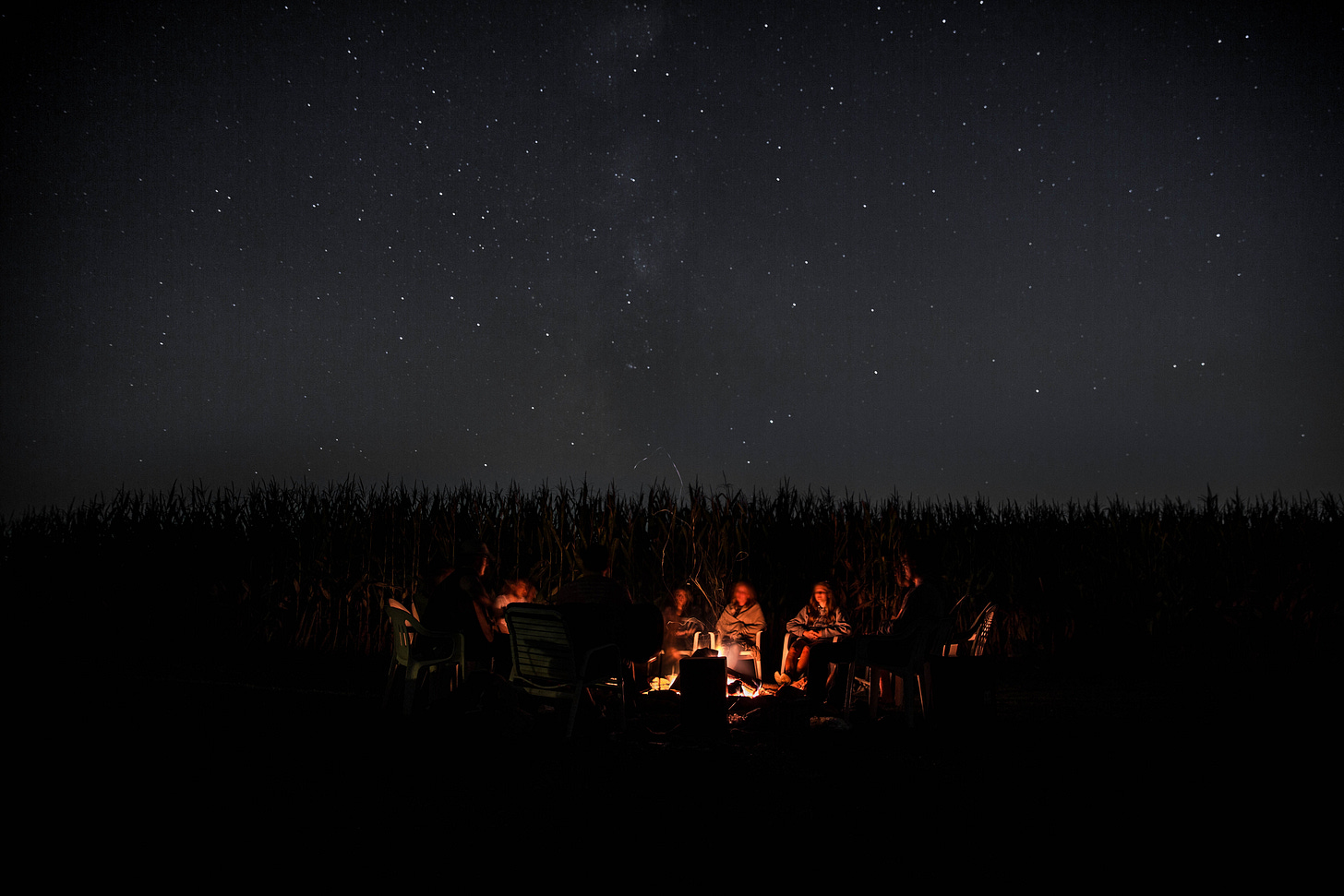1-2-3: The CFP Digest on change and transition
In this edition...1 question, 2 quotes, and 3 opinions
1 Question, 2 Quotes, 3 Opinions
Welcome to The Collaborate for Purpose (CFP) Dialogues newsletter. In each issue, we ask 1 big question that is relevant today. We cover important topics and issues like diversity and differences, collaboration and solutions, social change, and social justice.
You also get an invite to attend a small group ‘kitchen table’ conversation to answer 1 big question. If you attend the online event, expect to share your views and stories in is bound to be an engaging conversation.
1 Question
How will you affect having a “great” summer ‘20 for yourself while in transition?
If you want to have a “kitchen table” dialogue about this big question, click HERE to learn more about the next event on Sunday, July 12th, 2020 at 1:30 PM ET.
If unable to attend Sunday’s event, perhaps you can leave a comment at the bottom of this page. Often, taking the smallest first "baby step" feels better. What does your first step or inch look like in summer ‘20?

2 Quotes
i.
C.W. Kyle on concentration:
You are a world within yourself. You are the master of yourself. It matters not how well or ill you may exercise your powers of mastery. You are the unquestioned thinker of your thoughts, which are the tools of your trade. You are the master craftsman of your own designs. You will build constructively or destructively as you will.
You can make yourself sick or well, rich or poor, strong or feeble, sorrowful or joyous by the character of the thoughts you think. You are compelled to work out your own destiny but not alone, for you have an infallible inner guide, aye, the whole universe is in league to assist you in the construction of your ideals.
— Source: Concentration, the Key to Constructive Thought (1917) by C.W. Kyle

ii.
Martin Luther King Jr’s final passage of his speech on equality and freedom.
And when we allow freedom to ring, when we let it ring from every village and hamlet, from every state and every city, we will be able to speed up that day when all of God's children, black men and white men, Jews and Gentiles, Protestants and Catholics, will be able to join hands and sing in the words of the old Negro spiritual:
"Free at last! Free at last!
Thank God almighty, we're free at last!"
— Source: I Have a Dream, Aug. 28, 1963, at the Lincoln Memorial for the March on Washington from Martin Luther King Jr.

3 Opinions
i.
The Strength of Weak Ties
— by Flavian DeLima
The first time I read about the idea of strong and weak ties in the early 2000s, I was perplexed. Mark Granovetter is a sociologist, who studied how certain types of relationships produce better results while pursuing a goal. He did a study of 15,000 graduates looking for a job. He discovered that “weak ties” or people they didn’t know very well and saw less frequently, were responsible for helping them find a job 84% of the time. Only 16% was attributed to “strong ties” or people they knew very well and saw frequently.
Many people prefer to stay in their comfort zone and stick with close friends and family, who know them inside out. There is joy in seeking out the familiar. There is also joy in discovering and meeting new people who don’t look, think or act like us. The next time you intentionally or accidentally meet someone new and different, be open.
— Source: Getting a Job: A Study of Contacts and Careers, 2nd edition (1995, originally published 1974) from Mark Granovetter.
ii.
Transitions Matter
— by Flavian DeLima
It’s normal to feel uncomfortable when a trigger event happens. Some triggers feel good while others not so much. Some are by choice and others not. A positive trigger event might be graduating from university or getting married. But for others, it could be a negative event. It depends on the person you ask. I’ve met people who feel terrible after they lose their job. I talk to them six months later and they tell me how great they feel. They say stuff like, “Losing my job was the best thing that ever happened to me…”
William Bridges is one of the first people I discovered, who wrote about transitions in 1980. He talks about three zones. The first is “The Ending”. The second is the “Neutral Zone” and the third is “The Beginning”. When something ends, the hard part is not knowing how long we’ll be in the neutral zone because it feels uncomfortable, especially early on. Getting to the other side and a new beginning feels awesome. The next time, you’re in the neutral zone, breath and realize you are not alone. It helps to know that the journey can sometimes be as rewarding as the destination.
Source: Transitions: making sense of life's changes (1980) from William Bridges

iii
How listening helped me understand differences and make new friends
— by Kyle Hardin
I was recently invited to join two online group conversation events centered around systemic racial injustice. The first event (here) was about white privilege and how to fix systemic racism and the second (here) was about how to de-militarize the police.’'
Both sessions involved a highly diverse, multi-racial group of people from various backgrounds. It's difficult to find the right words to describe just how unique and important these dialogues were, but I'll try to explain by focusing only on the first session for the sake of brevity.
As we all became acquainted with one another, we began to talk openly about race, racism in its many forms, white privilege, and other related subjects. As the discussion went on, with each person taking their turn to speak from their own perspectives and share their stories, something important became apparent - each speaker was being granted kindness and empathy from everyone else. When one member spoke, all others listened intently and asked thoughtful questions. This was, to my great relief, a safe space.
Once I felt that safety, a great calm settled into my mind and I allowed myself to begin expressing my own blind spots, insecurities, and ignorance about the depths of racism (at this point I should mention that I'm a white man). I was given the opportunity to talk about how little I understood and was met with sympathy and generosity.
Finally and most importantly, having a forum where our BIPOC members offered to share their personal stories, experiences, and perspectives was invaluable. Listening to them really helps me begin to grasp just how far we have left to go in the fight to eradicate systemic racism.
By the end, I had gained several new friends. I have greater insight into myself and the things I need to work on moving forward.
To all past and future participants, thank you very, very much.

Newsletter Contributors to Opinions Section
— Kyle (Facebook)
— Flavian (Facebook, Twitter, Instagram, and LinkedIn)
This newsletter is published every 1-2 weeks excluding holiday periods. If you want to write a short opinion piece for the newsletter about a takeaway or action you did after attending an event, please contact Flavian by replying to the newsletter.
Leave a comment
Share this newsletter issue
Subscribe to the CFP Dialogues newsletter if you don’t want to miss future issues and events to have a dialogue.


I spent most of my time in quarantine writing and working, so my first step will be taking a breather, giving myself some space to relax. I think that's especially important right now, and it'll let me push on with renewed power afterwards.
My first step to getting back into shape was that I saw my elderly mother face-to-face for the first time after almost four months. She made me laugh when she said her outdoor fitness bootcamp class would re-start very soon outdoors in the shade. She is the oldest member of her class across all locations in the city. She said, "If I can do my bootcamps, you can exercise every day". What's your first step?